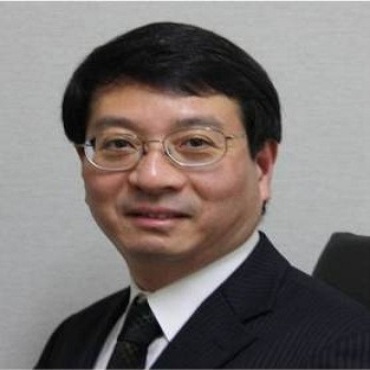3874
Scientific Program

Yoshinori Murakami
The University of Tokyo, Japan
Title: Identification of a novel candidate serum marker of small cell lung cancer
Biography:
Yoshinori Murakami has completed his MD from Faculty of Medicine and his PhD from the Graduate School of Medicine, The University of Tokyo, Japan and Postdoctoral Studies from University of Utah, Salt Lake City, UT, USA. Then he worked in National Cancer Center Research Institute as Section Head and moved to the Institute of Medical Science, the University of Tokyo (IMSUT) as a Professor of Division of Molecular Pathology in 2007. He serves as the Dean of IMSUT and Principal Investigator of Bio bank Japan Project since 2015. His specialty is molecular oncology and genomic medicine.
Abstract
CADM1 is a member of the immunoglobulin superfamily cell adhesion molecule and expressed in almost all organs except for peripheral blood cells. CADM1 acts as a tumor suppressor and lost its expression in a variety of cancers in advanced stages (1). By contrast, CADM1 is ectopically expressed in adult T-cell leukemia (ATL) and used as a diagnostic marker of ATL using FACS (2). Here, we demonstrate that CADM1 is also highly expressed in small cell lung cancer (SCLC) (4). Immunohistochemistry showed that 33 of 44 (75%) primary SCLC tumors expressed CADM1. Interestingly, SCLC expresses a unique splicing variant of CADM1, variant 8/9, containing an additional extracellular fragment corresponding to exon 9, in addition to a common epithelial isoform, variant 8. CADM1v8/9 is almost
exclusively expressed in SCLC and testis, although this variant protein localizes along the membrane and shows similar cell aggregation activity to that of CADM1v8. Moreover, we detected an extracellular fragment of CADM1v8/9 in culture media of SCLC cells. Thus, we generated a specific antibody against CADM1v8/9 by immunizing to the Cadm1-gene deficient mice. Using this antibody, we have developed a prototype of ELSIA system to detect CADM1v8/9 fragments in 47% of serums from SCLC patients. Preliminary results show that CADM1v8/9 expression is independent of ProGRP expression and associated with disease progression of SCLC. These findings suggest that CADM1v8/9 would provide a useful serum biomarker for detecting SCLC.
- Forensic Science
- Crime and Law
- Victimology
- Sociology
- Cyber security
- Forensic Psychology
- Forensic Medicine
- Fingerprint Analysis
- Forensic Nursing
- Forensic Age Estimation
- Digital Forensics
- Forensic Anthropology
- Forensic Chemistry
- Forensic Psychiatry
- Forensic Pathology
- Forensic Engineering
- Forensic DNA Analysis

